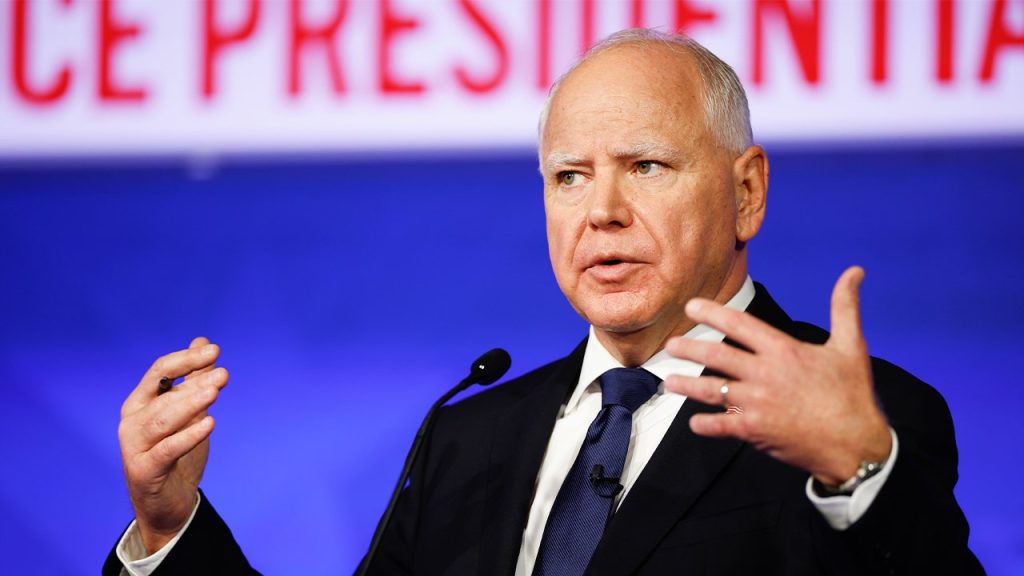Minnesota Gov. Tim Walz recently called for the elimination of the Electoral College during a fundraiser in California. He stated that the Electoral College needs to be eliminated in favor of a national popular vote, although he acknowledged that the current system is what the country currently operates under. In 2023, Walz signed the National Popular Vote Interstate Compact, which would allocate all of a state’s electoral votes to the winner of the national popular vote for president. This compact would only take effect if states with at least 270 electoral votes agreed to participate.
The Electoral College is composed of electors from each state who cast votes for the president and vice president. In all but two states, the candidate who receives the most votes in the state wins all of the electoral votes for that state. This system requires a candidate to secure at least 270 electoral votes to win the presidential election. The system was created by the Founding Fathers to prevent large states from dominating small ones in presidential elections and to avoid giving states with larger populations too much influence.
Some Democrats have called for the abolition of the Electoral College in favor of a popular vote, particularly following election defeats. Examples include Hillary Clinton’s loss in 2016 despite winning the popular vote and George W. Bush’s victory in 2000 despite losing the popular vote. However, many Republicans argue against abolishing the Electoral College, claiming that it would give an unfair advantage to states with larger populations and cause presidential candidates to focus solely on a few key states during the campaign.
Former President Trump has expressed both criticism and support for the Electoral College in the past. In 2012, he called it a “disaster for democracy,” but in 2018, he voiced support for a popular vote system because it would be easier to win. A recent Pew Research Center poll found that 63% of Americans support doing away with the Electoral College. However, abolishing the system would require a major constitutional change, making it a complex and challenging process.
While the debate over the Electoral College continues, the issue raises questions about the fairness and effectiveness of the current system for electing the president. Supporters of abolishing the Electoral College argue that a national popular vote would ensure that every vote counts equally, regardless of the state in which it is cast. Critics, on the other hand, warn that eliminating the Electoral College could have unintended consequences and diminish the influence of smaller states in presidential elections. As the discussion evolves, it remains to be seen whether significant changes to the electoral process will be enacted in the future.














